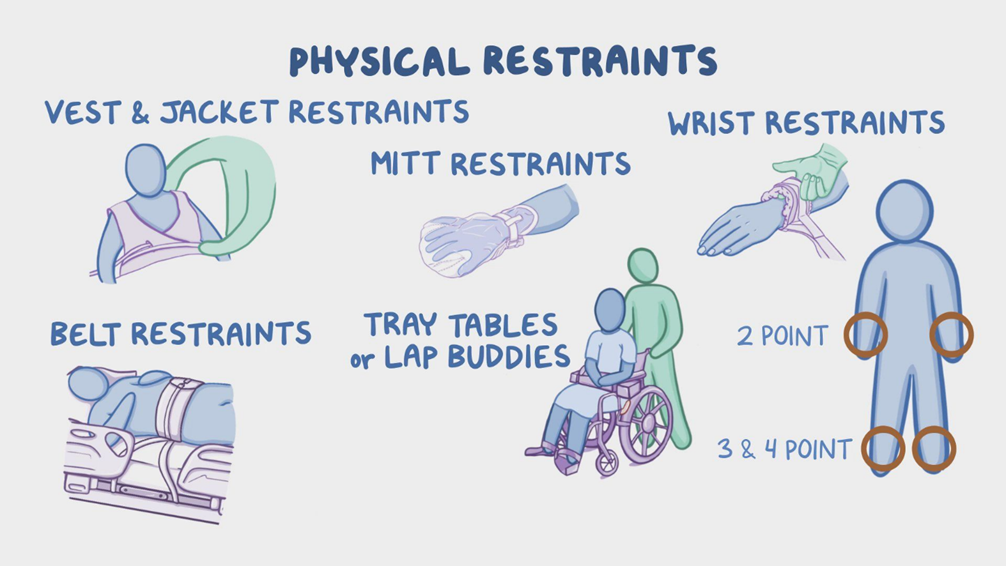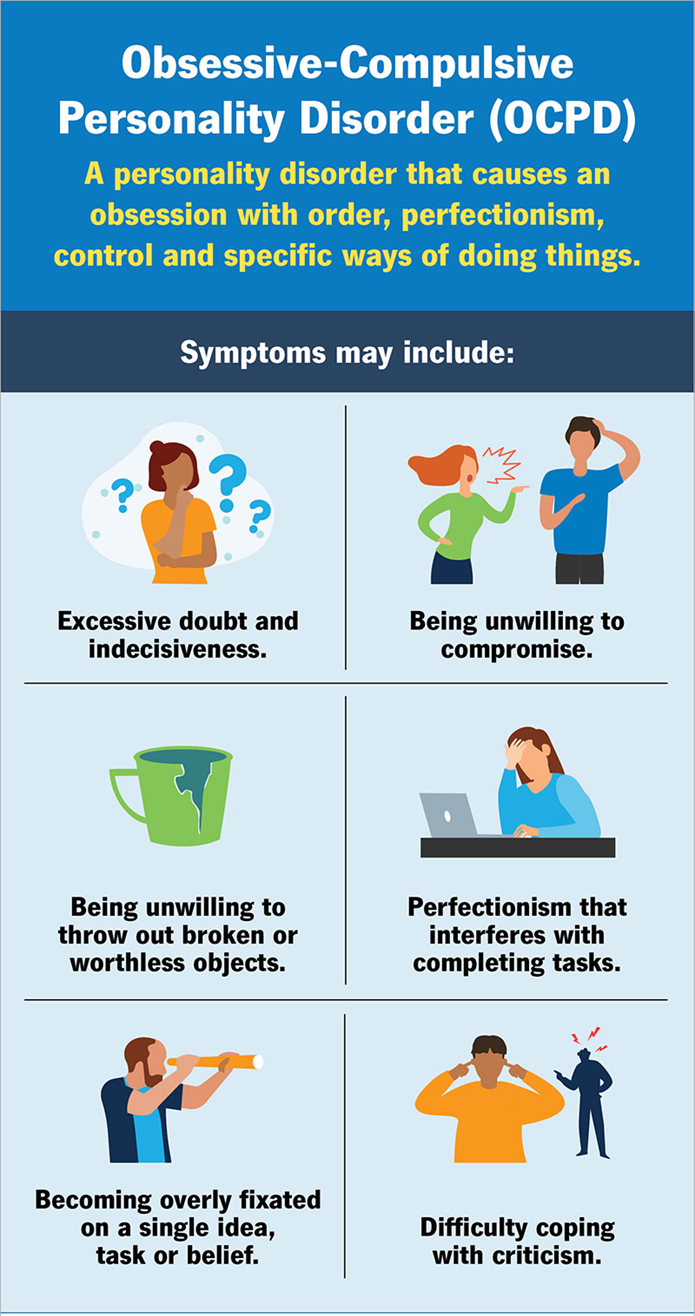A nurse is caring for a school-age child who has conduct disorder and is in physical restraints after becoming physically aggressive toward other clients on the unit. Which of the following actions should the nurse take?
Keep the restraints on for a minimum of 1 hour.
Monitor the child's vital signs every 15 minutes.
Ask the provider to renew the prescription for the restraints every 24 hours.
Arrange an in-person evaluation by the child's provider within 2 hours of initiating restraints.
The Correct Answer is B
Choice A Reason:
Keeping the restraints on for a minimum of 1 hour is not a standard practice. The duration of restraint use should be based on the child's behavior and the need for safety, rather than a fixed time period. Restraints should be used for the shortest duration necessary to ensure safety and should be removed as soon as the child is no longer a threat to themselves or others.
Choice B Reason:
Monitoring the child's vital signs every 15 minutes is crucial when a child is in physical restraints. This frequent monitoring helps ensure the child's physical well-being and allows for the early detection of any adverse effects related to the use of restraints. It is important to assess the child's respiratory and cardiovascular status, as well as their overall comfort and safety.
Choice C Reason:
Asking the provider to renew the prescription for the restraints every 24 hours is important, but it is not the most immediate action required. Restraint orders should be reviewed regularly to ensure they are still necessary, but the priority is to monitor the child's condition closely while they are restrained.
Choice D Reason:
Arranging an in-person evaluation by the child's provider within 2 hours of initiating restraints is a good practice to ensure the appropriateness of the restraint use and to reassess the child's condition. However, the immediate priority is to monitor the child's vital signs closely to ensure their safety while restrained.

Nursing Test Bank
Naxlex Comprehensive Predictor Exams
Related Questions
Correct Answer is B
Explanation
Choice A reason:
The statement "Avoid asking direct questions about the client's experience" is not appropriate. It is important to understand the nature of the hallucinations to assess the client's condition accurately. Asking direct questions can help the nurse gather necessary information to provide appropriate care and interventions.
Choice B reason:
The statement "Focus the client on reality-based activities" is the correct response. Engaging the client in reality-based activities can help distract them from the hallucinations and reinforce their connection to the real world. This approach can reduce the intensity and frequency of hallucinations.
Choice C reason:
The statement "Convey sympathy for the client's experience" is not the most effective approach. While it is important to be empathetic, conveying sympathy without addressing the hallucinations can validate the client's distorted perceptions. Instead, the nurse should acknowledge the client's feelings and gently redirect them to reality-based activities.
Choice D reason:
The statement "Tell the client her experience is not real" is not advisable. Directly challenging the client's hallucinations can lead to increased agitation and mistrust. It is more effective to acknowledge the client's feelings and guide them towards reality-based activities.

Correct Answer is D
Explanation
Choice A Reason:
Exploitative behavior is more commonly associated with narcissistic personality disorder rather than obsessive-compulsive personality disorder (OCPD). Individuals with narcissistic personality disorder often manipulate and exploit others to achieve their own goals and maintain their self-esteem. This behavior is not characteristic of OCPD, which is more focused on orderliness, perfectionism, and control.
Choice B Reason:
Lack of empathy is a hallmark of antisocial personality disorder and narcissistic personality disorder. Individuals with OCPD may have difficulty understanding others' emotions due to their rigid thinking and focus on rules, but they do not typically exhibit a complete lack of empathy. Their interactions are more characterized by a need for control and perfectionism rather than a disregard for others' feelings.
Choice C Reason:
Excessive clinging is a symptom more commonly associated with dependent personality disorder. Individuals with dependent personality disorder have an excessive need to be taken care of, leading to submissive and clinging behaviors. In contrast, those with OCPD are more focused on maintaining control and order in their environment and relationships, rather than exhibiting dependency.
Choice D Reason:
Preoccupation with details is a core feature of obsessive-compulsive personality disorder. Individuals with OCPD are excessively focused on rules, schedules, and details to the extent that it interferes with their ability to complete tasks and maintain flexibility. This preoccupation often leads to inefficiency and difficulty in adapting to new situations, as they are overly concerned with perfectionism and control.

Whether you are a student looking to ace your exams or a practicing nurse seeking to enhance your expertise , our nursing education contents will empower you with the confidence and competence to make a difference in the lives of patients and become a respected leader in the healthcare field.
Visit Naxlex, invest in your future and unlock endless possibilities with our unparalleled nursing education contents today
Report Wrong Answer on the Current Question
Do you disagree with the answer? If yes, what is your expected answer? Explain.
Kindly be descriptive with the issue you are facing.
